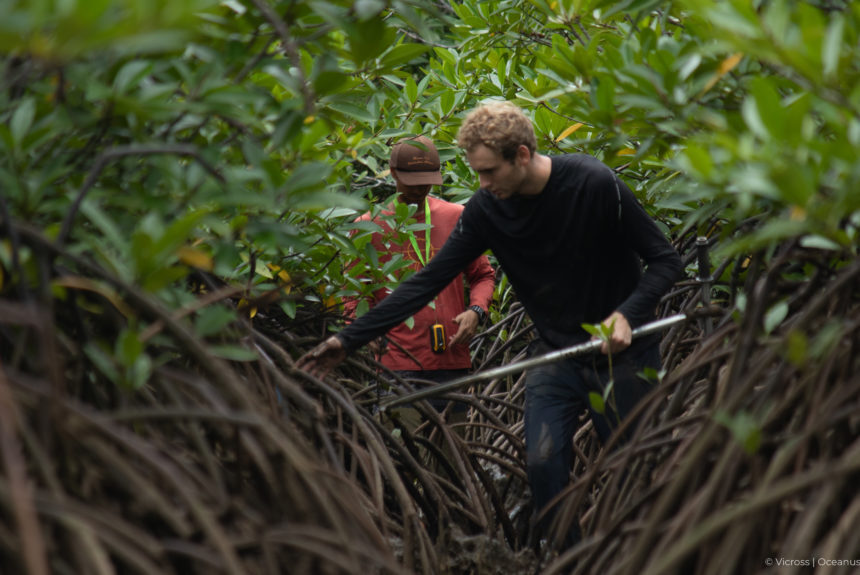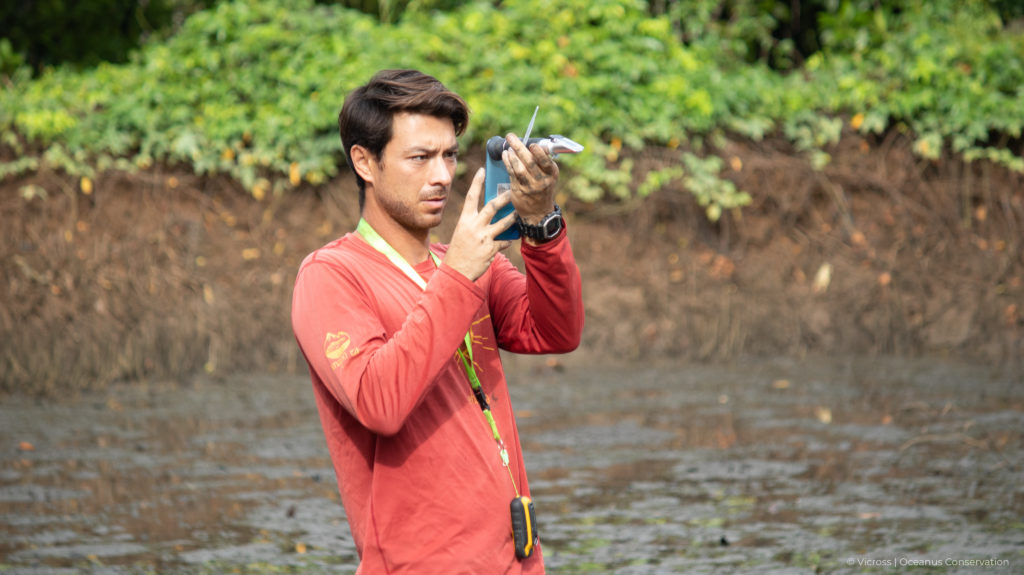
“When you take care of the land, the land takes care of you.”
This is Andrew’s testimony about his engagement with the local community on mangrove conservation for Oceanus Conservation—GLFx Mindanao Chapter’s base NGO. Andrew was inspired to join the organization since he views working in conservation as both an honor and a privilege. He promotes helping the present and future generations through the combined efforts of NGOs and LGUs.
The strength of social media and networking sparks a large number of environmental volunteering and internship interest. This is what drove Andrew to join Oceanus.
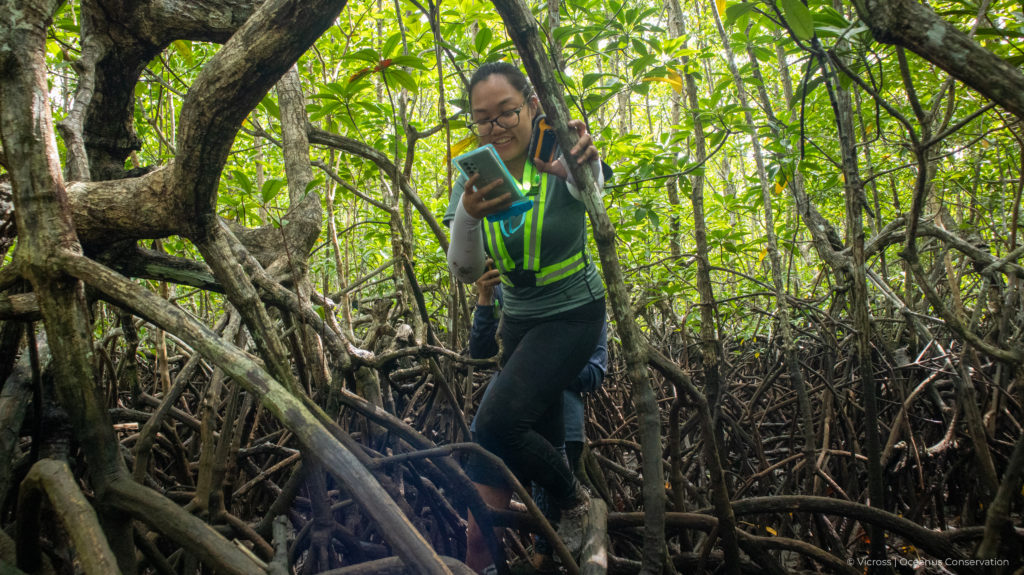
Introducing Angele, a Research Intern, who recently started her journey in Oceanus last September. Her involvement in the conservation sector is not just about serious work; she also believes that taking every opportunity can be fun and engaging simultaneously. Through a combination of education and exploration, Angele guarantees that she learns the importance of being resourceful, and flexible, and knowing how to adapt to the environment and adjusting to certain situations.
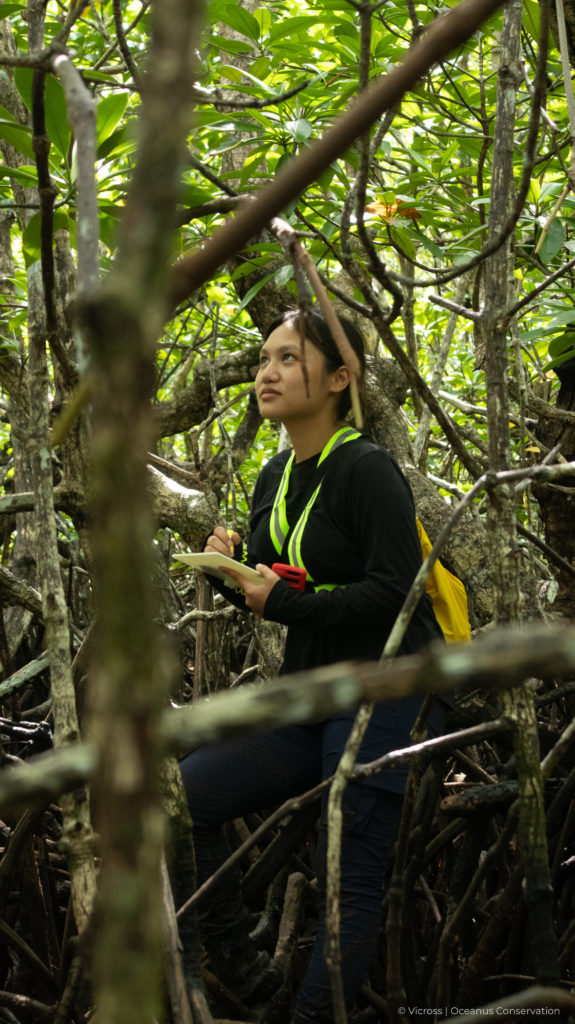
Niña, another Research Intern, shared her interesting encounter with Oceanus as she was a previous intern at a Data Science company that partnered with the organization. Since then, Niña has stepped outside of her comfort zone and explored volunteer work for mangrove conservation as someone who has a degree program that is different from biology and other conservation-related fields.
“It’s really important to know your ‘Why’ because your ‘Why’ will help you ground with your purpose and will help you try different experiences”, Niña added on her advocacy in environmental sustainability by participating in fieldwork and working closely with other interns and volunteers.
In his thesis research, Jens, a fellow Research Intern, looks for the potential of aquaculture in mangrove restoration projects in Cagwait, Surigao del Sur. Jens underlined the value of civic engagement, saying that locals engage hand in hand with the organization to raise awareness about the relevance of mangroves, how his study could be applied in other regions, and what can be done to make things beneficial moving forward.
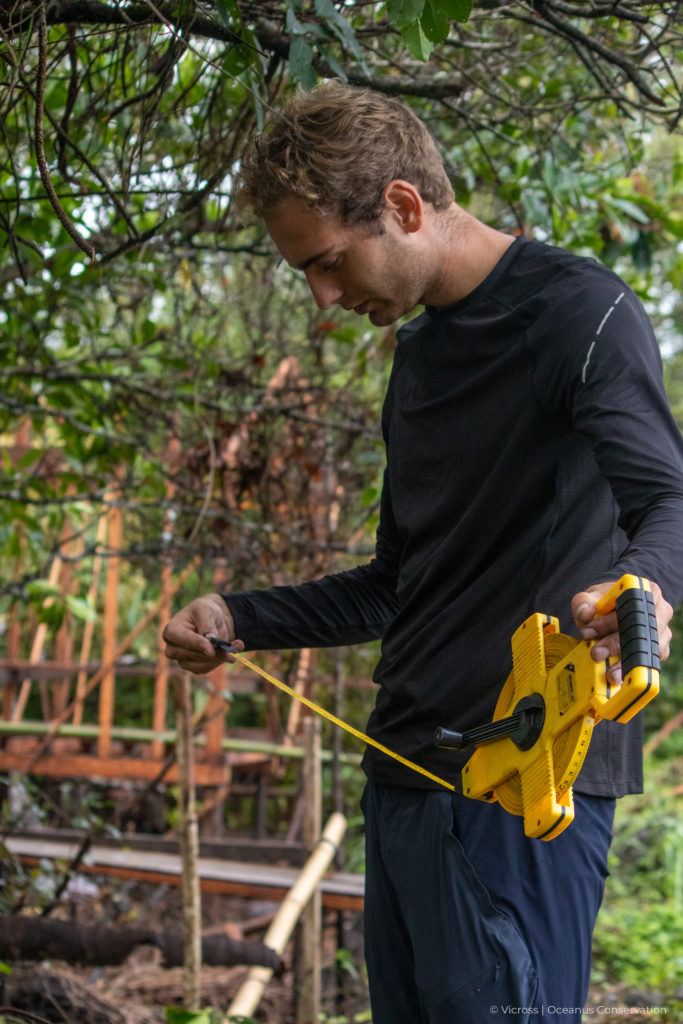
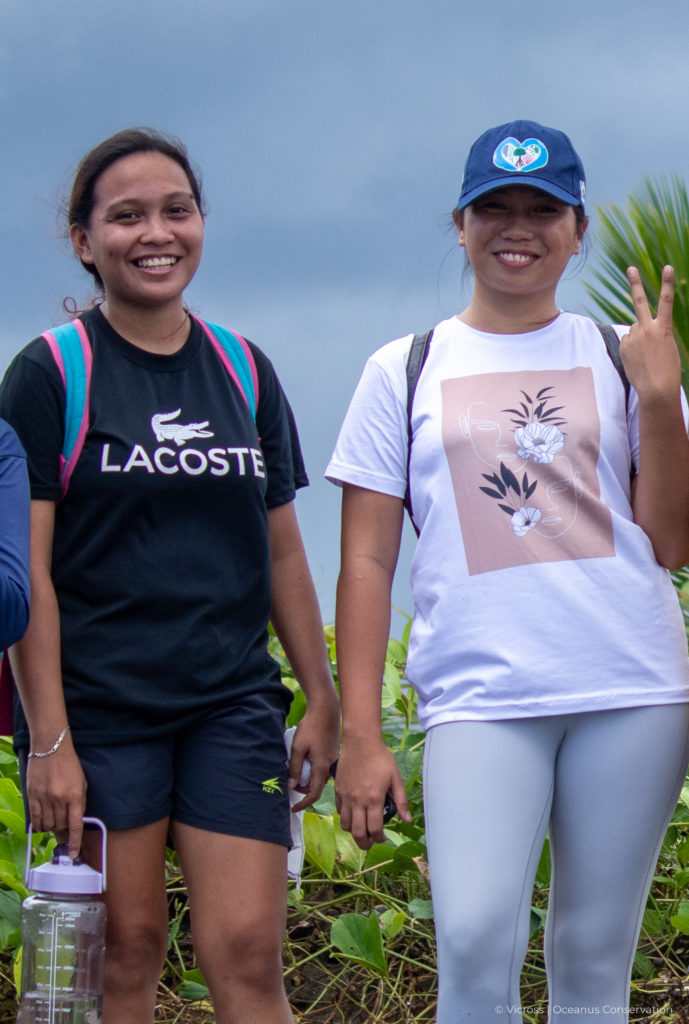
Nikka (right), who is an intern at Municipal Environment and Natural Resources Office (MENRO) in Cagwait, learned about Oceanus when she joined the latter’s two-day seminar about mangrove restoration some two months ago. Nikka’s experience working with Oceanus has been exciting—to learn more about the importance of mangroves to the community and environment, specificially how it protects coastal areas from typhoons and calamities. In Nikka’s words, “If we save the mangroves, we save a lot”.
For Regine (left), who was introduced to Oceanus by a friend (i.e. Nikka), the knowledge and experiences have made it easier for her to identify the various kinds of mangroves and their importance to the environment. Describing her environmental volunteering experience, she said “It’s really fun and exciting and it’s really worth it”.
For Andrew, Angele, Niña, Jens, Regine, and Nikka, working in conservation and mangrove restoration serve as an avenue to explore the discipline outside the realm of academia. For them, working on mangrove restoration and conservation relies on community involvement and active engagement—a life lesson that guarantees a future that is both beneficial to our environment and to our community.
Written by Ivy Ferrer – Social Media Intern at Oceanus Conservation
